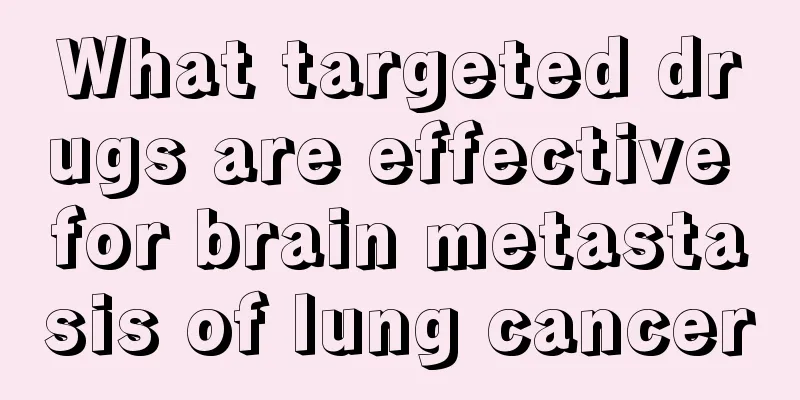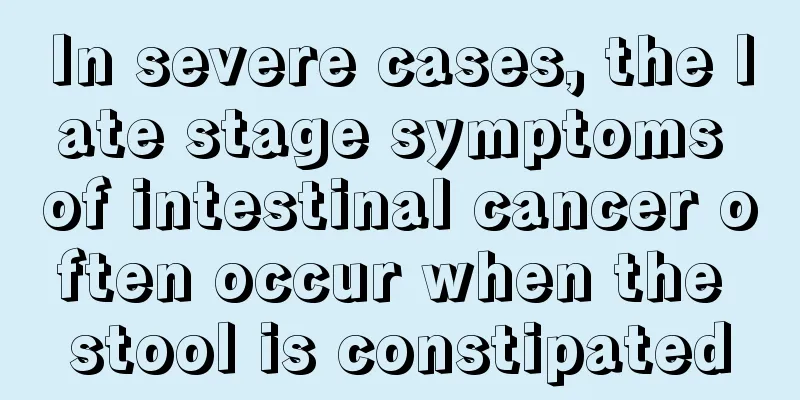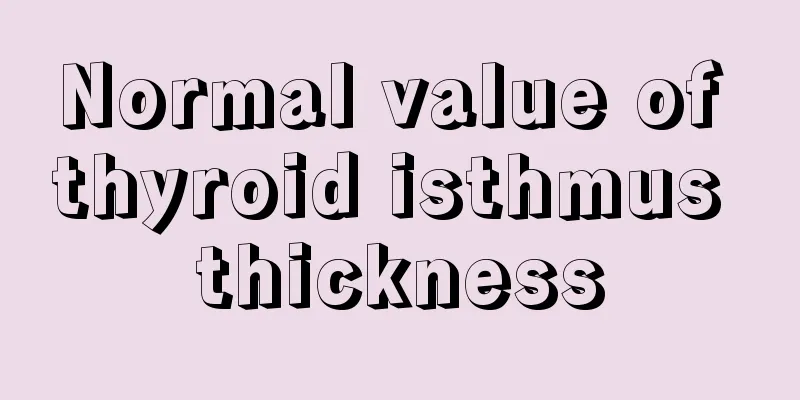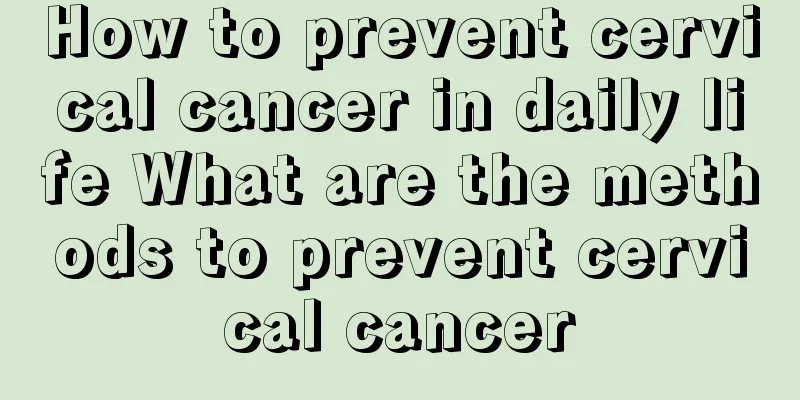Eating fruits and vegetables regularly can reduce the incidence of gastric cancer
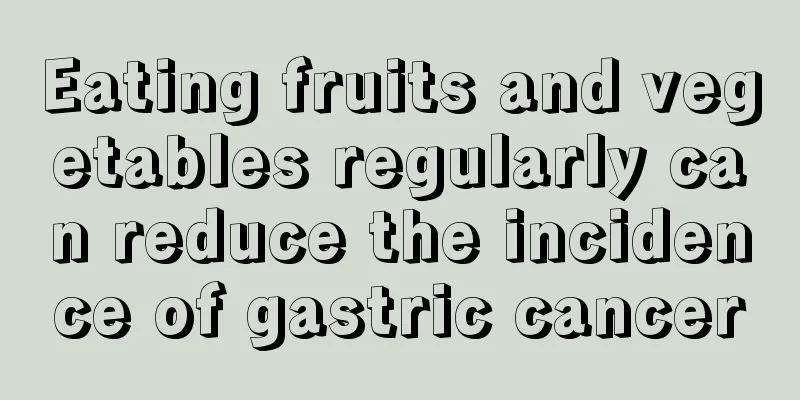
|
It is generally believed that long-term consumption of fresh fruits, especially citrus fruits and raw vegetables, has a protective effect and can significantly reduce the incidence of gastric cancer. In addition, some special varieties of vegetables used in salads also have a protective effect, such as tomatoes, lettuce, cucumbers, carrots, celery, bell peppers, and onions. Onions have been shown to be negatively correlated with the incidence of gastric cancer in some countries. Some prospective studies have reported that the intake of fresh fruits and vegetables can significantly reduce the incidence of gastric cancer, and high plant-based food intake is associated with a reduced risk of gastric cancer in men. A recent Swedish study showed that the risk of gastric cancer was negatively correlated with vegetable intake, but not significantly related to fruit intake. In a European study, intestinal non-cardia cancer was negatively correlated with the intake of vegetables, onions, and garlic. A case-control study in Malaysia also showed that a large intake of fresh fruits and vegetables can prevent gastric cancer. Another study analysis showed that fruit intake was negatively correlated with the incidence of gastric cancer, which was more obvious in patients with a follow-up period of ≥10 years. Since 1930 in the United States and 1950 in Japan, residents' consumption of fruits and vegetables has increased, and a significant decrease in gastric cancer mortality has been observed. Current case-control and survey data show that the consumption of fresh vegetables and fruits is significantly negatively correlated with gastric cancer mortality. The reason why eating a lot of fresh vegetables and fruits can reduce the incidence of gastric cancer is that there are fewer carcinogens in fresh vegetables, and on the other hand, it may be that they contain a lot of vitamin A, vitamin C and vitamin E. According to the source, vitamin A can be divided into plant type (carotene) and animal type (retinol). In 1988, Byers observed that plant-based vitamin A has a stronger anti-cancer effect. Vitamin A can differentiate epithelial cells into specific tissues, regress squamous cell carcinoma and other cell carcinomas in the human body, and stimulate the anti-tumor immune system to prevent the occurrence of gastric cancer. The mechanism of action of vitamin C is to inhibit the synthesis of endogenous nitrosamines and inhibit the transformation of carcinogenic compounds by tissue cells, and even reverse the transformed cells to produce anti-cancer effects. The anti-tumor effect of vitamin E has three aspects: ① Inhibit the formation of carcinogen nitrosamines in the body; ② Certain carcinogens can form free radicals in the body, and vitamin E can inhibit the formation of free radicals and protect the normal differentiation of cells; ③ Enhance the body's immune function. |
<<: Common symptoms and signs of pancreatic cancer
>>: Can drinking tea reduce the incidence of gastric cancer?
Recommend
Don’t mistake the early high-risk signals of sunburned melanoma
Melanoma is a type of skin cancer. Due to its hig...
What's going on when I feel anxious, weak in the limbs and trembling?
If you have problems with palpitations, weakness ...
What causes stabbing pain in lower abdomen like needles?
If you feel a stabbing pain in your lower abdomen...
What is myofibroblastoma
Myofibroblastoma is a rare tumor disease. The pat...
Is color-changing lipstick poisonous?
Color-changing lipstick is magical. It can change...
How to pay attention to food hygiene?
In daily life, people eat all kinds of things. Ma...
Traditional Chinese medicine believes that there are three aspects to the etiology and pathogenesis of colorectal cancer
Traditional Chinese medicine does not have a dise...
What are the dietary taboos for early lung cancer? 3 dietary taboos for early lung cancer
Patients with early lung cancer should arrange th...
How to make earlobes bigger
There is a saying that big ears are a sign of goo...
Can I take anti-inflammatory drugs before going to bed?
There are many types of anti-inflammatory drugs, ...
What causes urticaria?
The occurrence of urticaria is not actually rando...
Can skin soft fibroma disappear on its own? How to treat it?
Skin soft fibroma usually does not disappear on i...
Is it serious to have a tumor behind the ear
We all know that ears are one of the most importa...
How to change skin from oily to dry
For friends with oily skin, skin problems such as...
Which parts of the back are bled
Sometimes during the cupping process, the doctor ...
